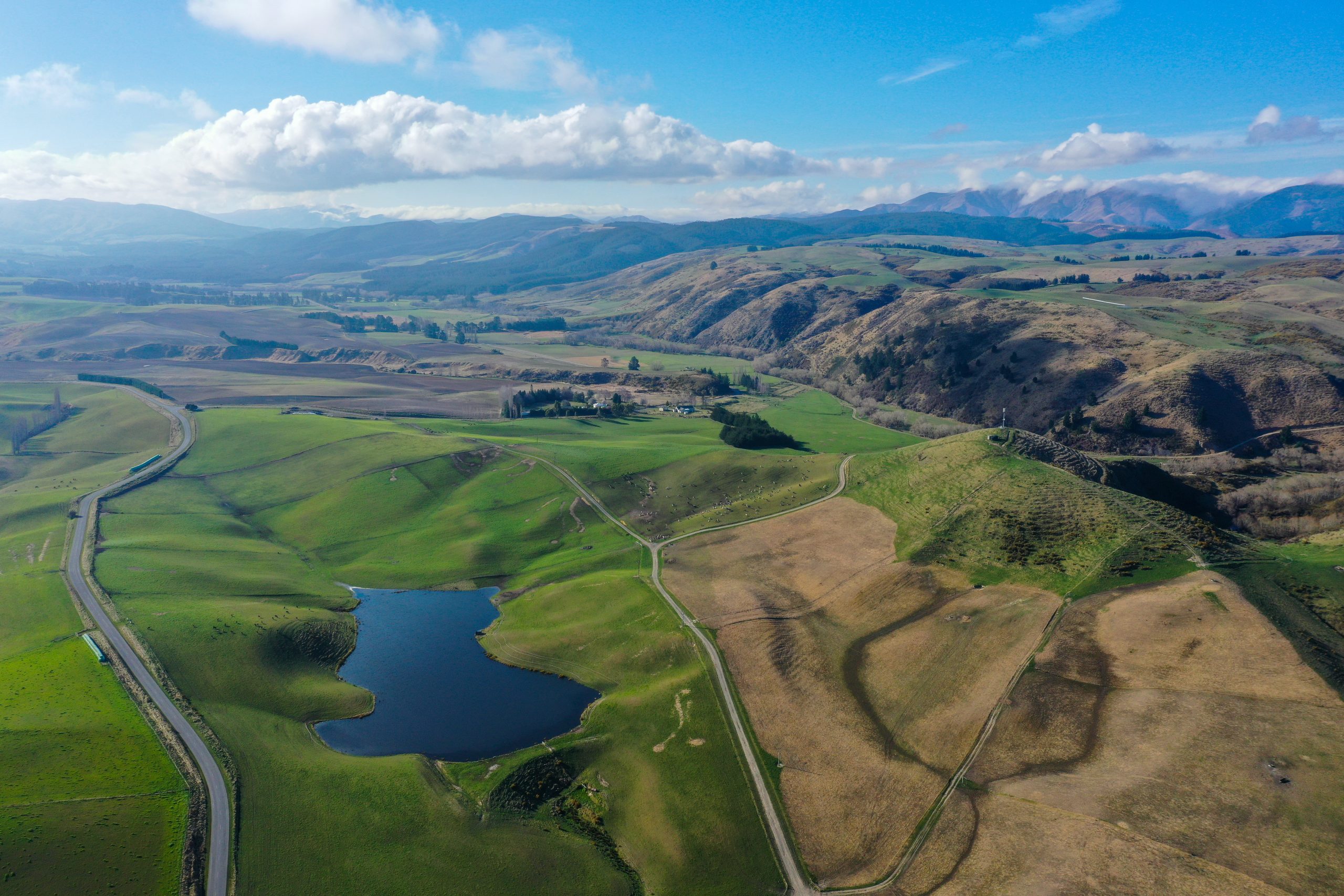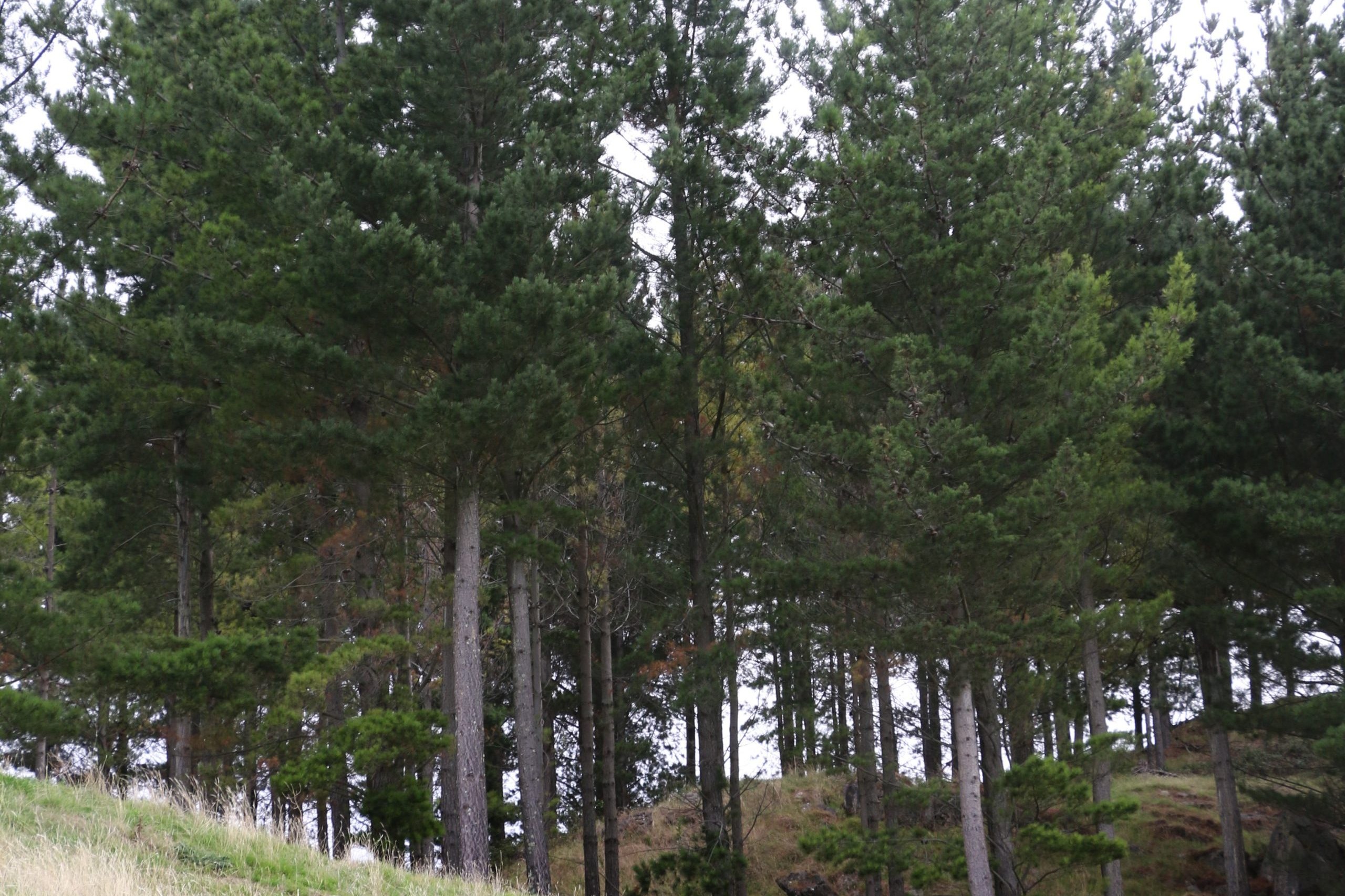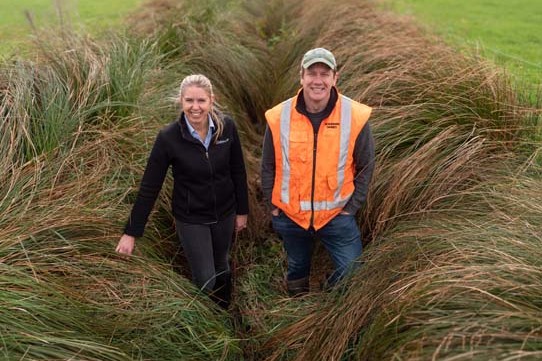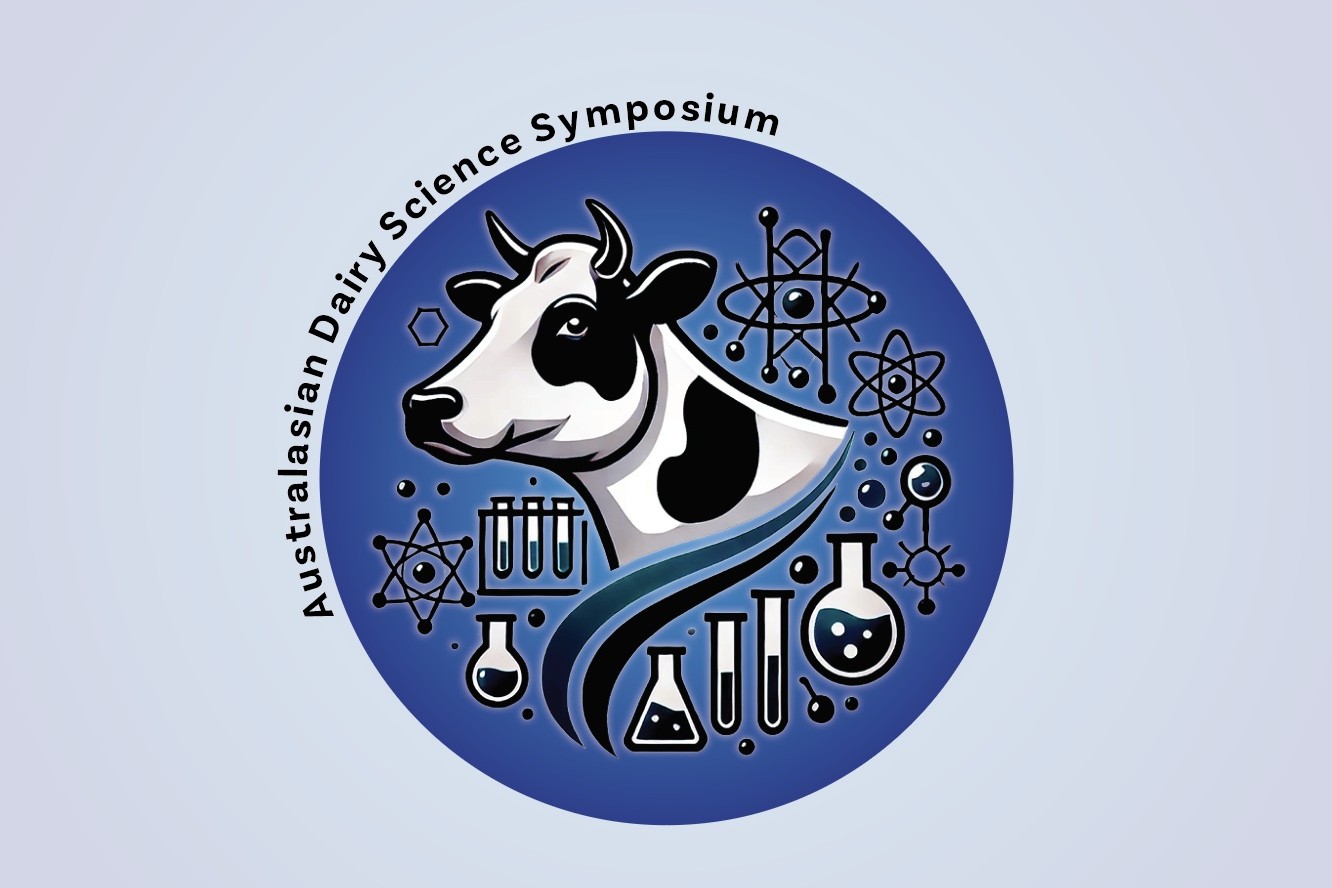New Zealand farmers are not alone in protesting about government actions. Sjoerd Hofstee reports from the Netherlands about protests there.
Enough is enough! That was the message from Dutch agriculture on October 1. For the first time in nearly 30 years, Dutch farmers blocked government buildings en masse, mostly on tractors.
The protest followed an incident earlier in the year.
In May 2019, a Dutch piggery was occupied for almost a whole day by animal activists, but police did not intervene. Eventually police moved in after hundreds of farmers came to the aid of their colleague and the animal activists threatened to violently remove them from the stable.
This was the incentive for setting up new farmer groups. Groups that get together through social media and feel strengthened.
What started cautiously resulted in the huge farmers’ demonstration on October 1 in the government town of The Hague. Farmers from all sectors took part and agribusiness also joined in mass. Their message was: enough is enough. Farmers no longer want to be blamed for all environmental problems and to be portrayed as animal executioners. And they want to feel appreciated and safe, so the Farmer Defence Force (FDF) was established.
October 1 will enter the books as a very special day. Unlike French farmers, Dutch farmers are not in the habit of demonstrating at all. Dutch farmers are known for their liberal attitude and adaptability. But they had had enough.
However, the story is not nearly over. Three days after the big demonstration,
the government introduced plans to reduce nitrogen in nature reserves. The plan is to buy out farmers around nature reserves and to remove their production rights.
These plans angered farmers. They flocked to more demonstrations at provincial and government buildings, with actions and the atmosphere hardened.
In following weeks old farmers’ unions were, sometimes literally, pushed aside. New leaders stood up, under the flag of FDF, and led the action and discussions with the government. This delighted farmers who think it is time for harder attitudes.
However, not all Dutch farmers are happy with the tone and type of action being taken. For the time being, however, they remain silent.
Radical farmers have announced major new campaigns a week before Christmas., with plans to block many distribution centres for supermarkets and fuel.
There is debate among farmers whether innocent citizens should pay for a fight that the farmers have with the government?
That these actions go so far and find such sympathy among Dutch farmers says a lot about their state of mind. Many really fear for their future. The fear that the government wants to reduce the numbers of livestock in coming years is very high.
What ultimately matters is the battle for space and ground. There is a huge difference between the Netherlands and New Zealand in this – 16.5 people per square kilometre live in NZ, 411 in the Netherlands!
Land prices in various regions have already risen to well over €100,000/hectare, partly because the government has needed more land for years for road construction, industry and nature.
The general discussion in this small European country with its leading dairy farming, among other things, is now: don’t we all want too much?
The answer is yes; that much is clear. Only who will then make room for whom? The farmers fear knowing the answer: they will be the victims. That is why they now take stronger action than ever before. They feel it is time for them to fight for their right to exist.





